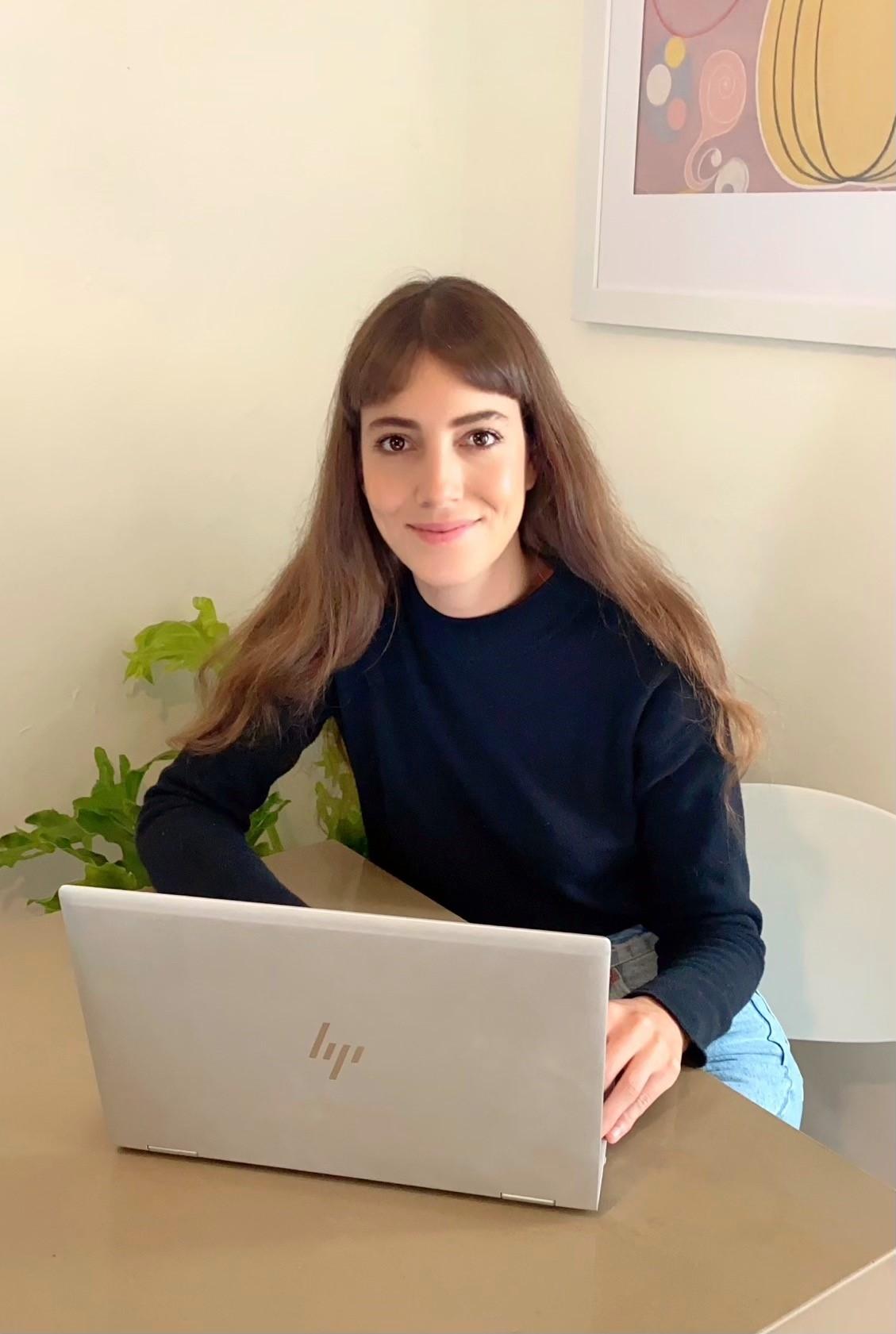Hi, I'm Sarah! I am a content designer for digital.nsw, dyslexic and an imperfect perfectionist.
Like most kids, I was fascinated with books at an early age, from the feel of the pages and the smell of the glue to the beautifully illustrated imagery. If a book was read aloud to me, I had no difficulties interacting with its narrative. But if I was asked to read a book aloud, my ability to decode its words and read it with great fluency was all too hard.
I didn't know it at the time, but I had symptoms of dyslexia.
If you're new to dyslexia, it's a condition where an individual who, despite having a perfectly fine level of intelligence, has difficulty undertaking certain tasks that involve processing - mainly reading, writing, short term memory and organisation. It's also common, with 1 in 10 of the population estimated to be living with dyslexia.
I wasn't diagnosed with dyslexia as a kid. In fact, I actively hid my symptoms daily for fear of being deemed 'stupid' or being held back a grade. And because of that fear, I suffered in both solitude and silence as I fought my way through the education system.
Despite my many years of functional illiteracy, I went on to study a Bachelor of Media in Communication and Journalism at University. I loved writing and I wasn't going to let my tumultuous relationship with words stop me from pursuing my passion - putting pen to paper. But as I watched my fellow peers glide through the course with ease, it became clear that my tertiary journey wasn't sailing as smoothly.
I was finally diagnosed with dyslexia - specifically difficulty with decoding, reading comprehension, and spelling. While some might find it hard to tactfully compute and accept those words, I silently sang songs of joy. At long last, I received an answer to all the questions and feelings of inadequacy I had growing up.
I armed myself with plenty of information about dyslexia, quickly learning that with a little extra help and accessible materials, I would thrive and succeed academically and in the workplace.
Tools that help me manage dyslexia at work
Hemmingway Editor
Dyslexics are often great storytellers. In fact, there are many famous dyslexic writers; think F. Scott Fitzgerald, Agatha Christie, and WB Yeats, to name a few. But like many dyslexic wordsmiths, we sometimes need a helping hand translating our stories into meaningful sentences. The Hemmingway app is an advanced text editor that helps you do just that. It improves the readability of your content and grades your writing in terms of how easy or difficult it is to understand. It highlights everything from lengthy and complex sentences to uses of passive voice and common errors.
Grammarly
Grammarly is the ultimate weapon for correcting spelling, vocabulary, and typos (something we could all collectively use). Because it's browser-based, it's a great tool for blog posts, website copy, and more. It even provides feedback on why certain things should be changed. So, if you don't have somebody to edit your work, or you want to minimise the editing for that somebody, Grammarly is your guy.
Microsoft Read Aloud
The unapologetic relationship between eye fatigue and dyslexia is real. All hail Microsoft Read Aloud. Whether you need additional help catching errors, or you simply want to give your eyes a break, Microsoft Read Aloud is a great free tool for writing and reading. It also features a wide selection of real-sounding voices - not like those stilted, robotic, and mechanical machine voices of the past.
Time and precision
Over the years, I've worked in bustling agencies where the expectation to multitask at a high-speed pace is a given. Unfortunately for me, the plate spinning act only paves the way for spelling errors and scrambled words. As a result, I have learned to take my time, always double-check my work, and ante up my attention to detail skills.
Communication
Communication is key. By educating my co-workers on my dyslexia and how to best work with me, I have not only cultivated a better work life for myself - but a more inclusive culture for everyone.
A positive can-do attitude!
It's easy to focus on the disadvantages of dyslexia, but many successful dyslexics credit their success to their dyslexia. For me, it has helped me as a content designer. I have an alternative way of thinking, which enables me to naturally write and design with empathy, simplify fast and identify solutions to problems that others might overlook.
To me, dyslexia isn't a cognitive malfunction, it's a cognitive plus. All our brains are different, and it's just a normal, healthy, and intriguing part of neurodiversity. One that has given me the power of unconventional thinking and the ability to create content that's more inclusive and accessible for our users. Win win!
